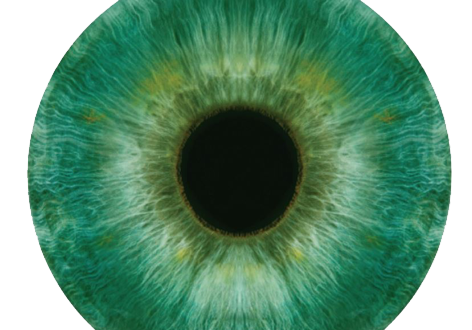
Blue Light Protection
How does blue light affect our sight?
Most of us think of light as the absence of darkness; light is either present or absent, either natural or from a man-made source. While none of that is incorrect, there is actually much more to light than (pardon the pun) meets the eye.
What is blue light?
For the purposes of this article, we’ll focus on blue light, one of the many hues in all visible light.
Blue light is naturally produced by the sun but also by computer monitors, smartphone screens and other digital devices. In addition to these, blue light is produced by LED and fluorescent lights, and compact fluorescent light bulbs. Blue light is essential in maintaining your sleep and wake cycle, mood and keeping your memory sharp.
Why we need blue light lenses or glasses?
Blue light is everywhere
While manmade sources of blue light include fluorescent and LED lighting, flat-screen televisions, and the display screens of computers, electronic notebooks, smartphones and other digital devices; our main source of blue light is the sun, and we are most exposed to it when we are outdoors during daylight hours. This is where the most damage occurs and our children are also vulnerable to it since they are more likely to spend a significant amount of time outdoors whether at school or in the playing field.
Natural blockers are ineffective
While the cornea and lens of the eye are effective at blocking UV rays from reaching our light-sensitive retinas, almost all visible blue light passes through these barriers, which could reach and damage the delicate retina.
Increased risk of macular degeneration
Because blue light may reach and contribute to damage the light-sensitive cells in the retina, while being more and more exposed, this may be one more important contributing factor to permanent vision loss.
Increased vulnerability post cataract surgery
Always ask your surgeon what type of Intraocular lens (IOL) will be used to replace your cloudy natural lens, and how much harmful blue light protection that lens provides. You may also benefit from eyeglasses that have lenses with a special blue light filter, which contributes to reduce eye strain from staring at screens for too long.
It contributes to digital eye strain
While this is less dangerous than the effects of the blue light generated by the sun, digital eye strain is something we are all at risk of. Most people spend at least 12 hours a day in front of a screen, though it takes as little as two hours to cause digital eye strain. Dry eyes, eye strain, headaches and tired eyes are all common results of staring at screens for too long. Blue light exposure from computers and other digital devices can be reduced with special computer glasses.

